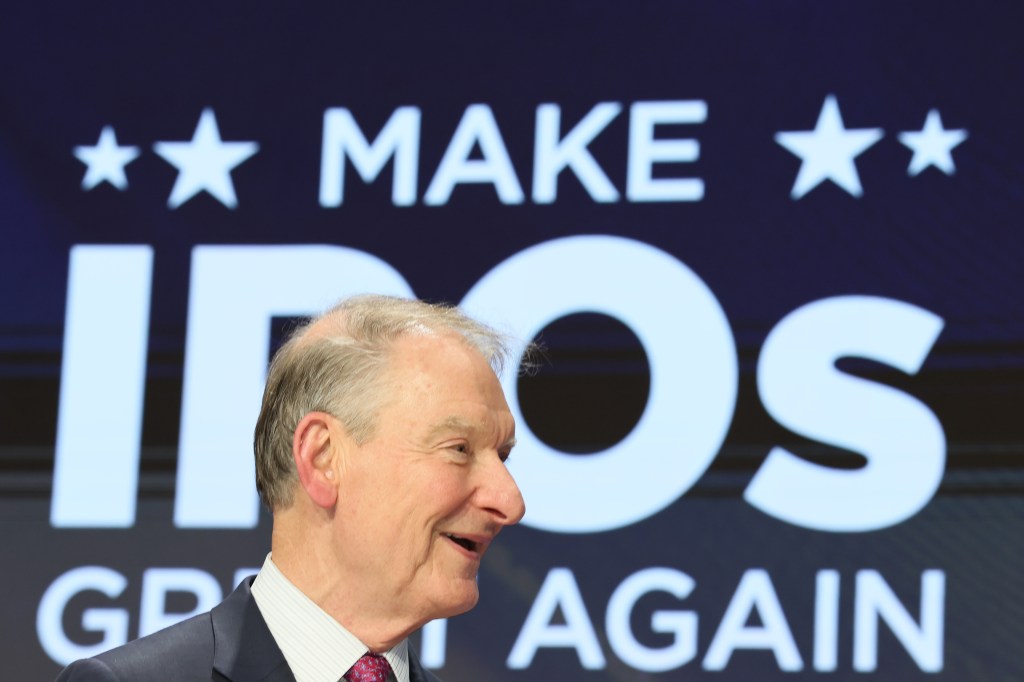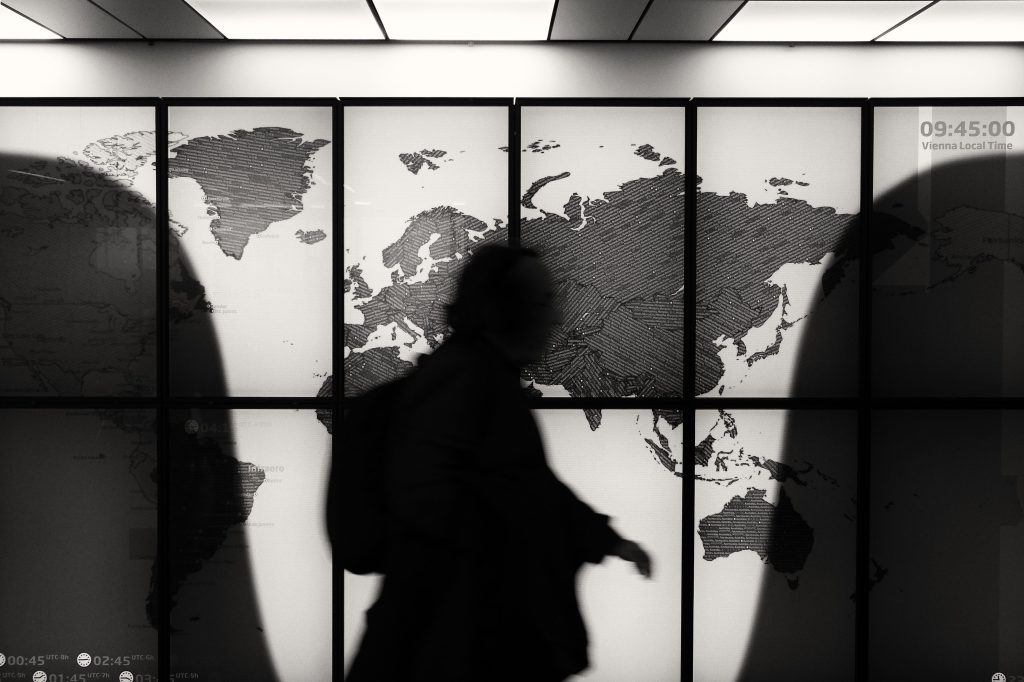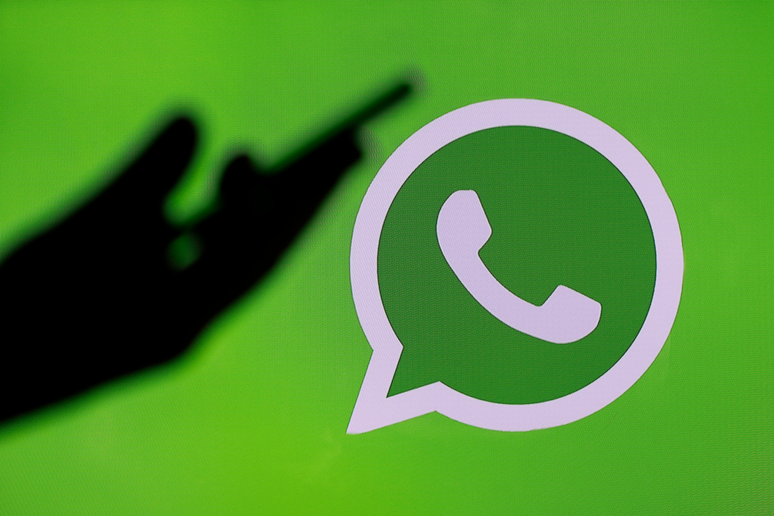The Online Safety Bill, which is currently at the Committee stage, will pose an unprecedented threat to the privacy, safety and security of all UK citizens and those they communicate with. That’s the view of WhatsApp, Signal, Threema and other encrypted messaging services expressed in an open letter earlier this
Register for free to keep reading
To continue reading this article and unlock full access to GRIP, register now. You’ll enjoy free access to all content until our subscription service launches in early 2026.
- Unlimited access to industry insights
- Stay on top of key rules and regulatory changes with our Rules Navigator
- Ad-free experience with no distractions
- Regular podcasts from trusted external experts
- Fresh compliance and regulatory content every day













